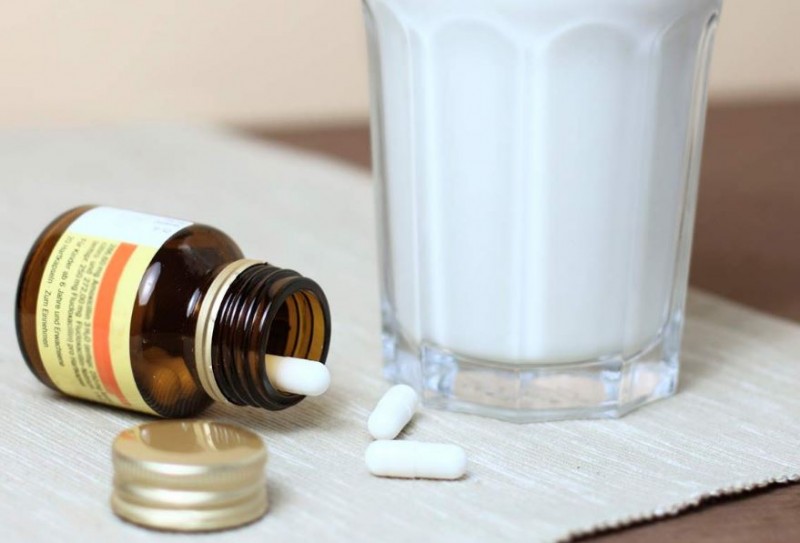
Antibiotics are powerful medications that play a crucial role in treating bacterial infections and saving lives. However, their overuse and misuse have led to a significant global health concern known as antibiotic resistance. This phenomenon occurs when bacteria adapt and become resistant to the antibiotics meant to kill them, making infections harder to treat and posing serious risks to public health.
Understanding Antibiotic Resistance
Antibiotic resistance develops primarily due to the over-prescription and inappropriate use of antibiotics. When these medications are used incorrectly or unnecessarily, bacteria can evolve and develop resistance mechanisms. This means that antibiotics may no longer be effective in treating infections caused by these resistant bacteria, leading to prolonged illness, increased healthcare costs, and in severe cases, death.
Best Practices During Antibiotic Use
Complete the Full Course: Always finish the entire course of antibiotics prescribed by your healthcare provider, even if you start feeling better. Stopping antibiotics prematurely can leave bacteria alive and potentially resistant.
Follow Doctor's Advice: Never self-medicate with antibiotics. Always consult a healthcare professional before starting any antibiotic treatment. They will prescribe the most appropriate antibiotic based on the type of infection and its severity.
Avoid Antibiotics for Viral Infections: Antibiotics are effective against bacterial infections but not viral infections like the common cold or flu. Taking antibiotics unnecessarily for viral infections contributes to antibiotic resistance and does not help in treating the illness.
Precautions During Antibiotic Use
Avoid Dairy Products and Juices: Certain antibiotics, such as tetracyclines, should not be taken with dairy products or calcium-fortified juices. These can interfere with the absorption of the antibiotic in the body, reducing its effectiveness. It's advisable to take these antibiotics on an empty stomach or with water, as advised by your doctor.
Refrain from Alcohol: Alcohol consumption while on antibiotics can lead to adverse reactions and reduce the effectiveness of the medication. Some antibiotics may interact with alcohol, causing nausea, vomiting, headache, or other side effects. It's best to avoid alcohol until you have completed the full course of antibiotics and consulted with your healthcare provider.
Monitor for Side Effects: Like all medications, antibiotics can cause side effects such as diarrhea, nausea, and allergic reactions. If you experience severe or persistent side effects, contact your healthcare provider immediately.
Importance of Responsible Antibiotic Use
Responsible use of antibiotics is critical in combating antibiotic resistance and preserving the effectiveness of these life-saving medications for future generations. By adhering to prescribed guidelines, completing antibiotic courses as directed, and avoiding unnecessary use, individuals can contribute to slowing down the development of antibiotic-resistant bacteria.
In conclusion, while antibiotics are essential in treating bacterial infections, their misuse can have serious consequences. By understanding and following these guidelines for safe and effective antibiotic use, individuals can play a vital role in safeguarding both their own health and the effectiveness of antibiotics worldwide. Always remember to consult a healthcare professional for personalized advice regarding antibiotic treatment.
JP Nadda Takes Dual Role: Leader of Rajya Sabha and Union Health Minister
Running daily is necessary for longevity, slow running has many benefits, know more
You can also make sweet and sour mango powder at home using these things